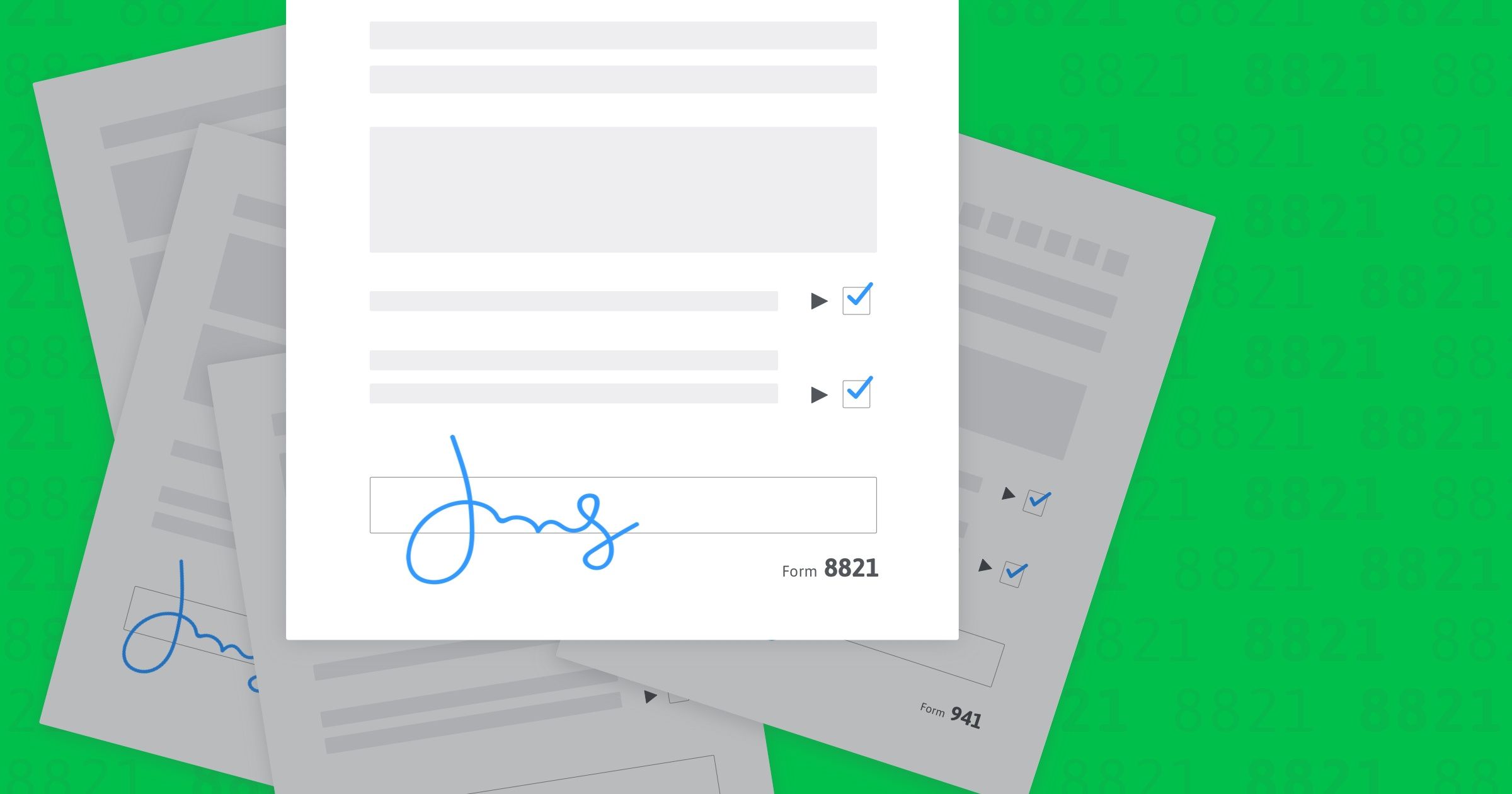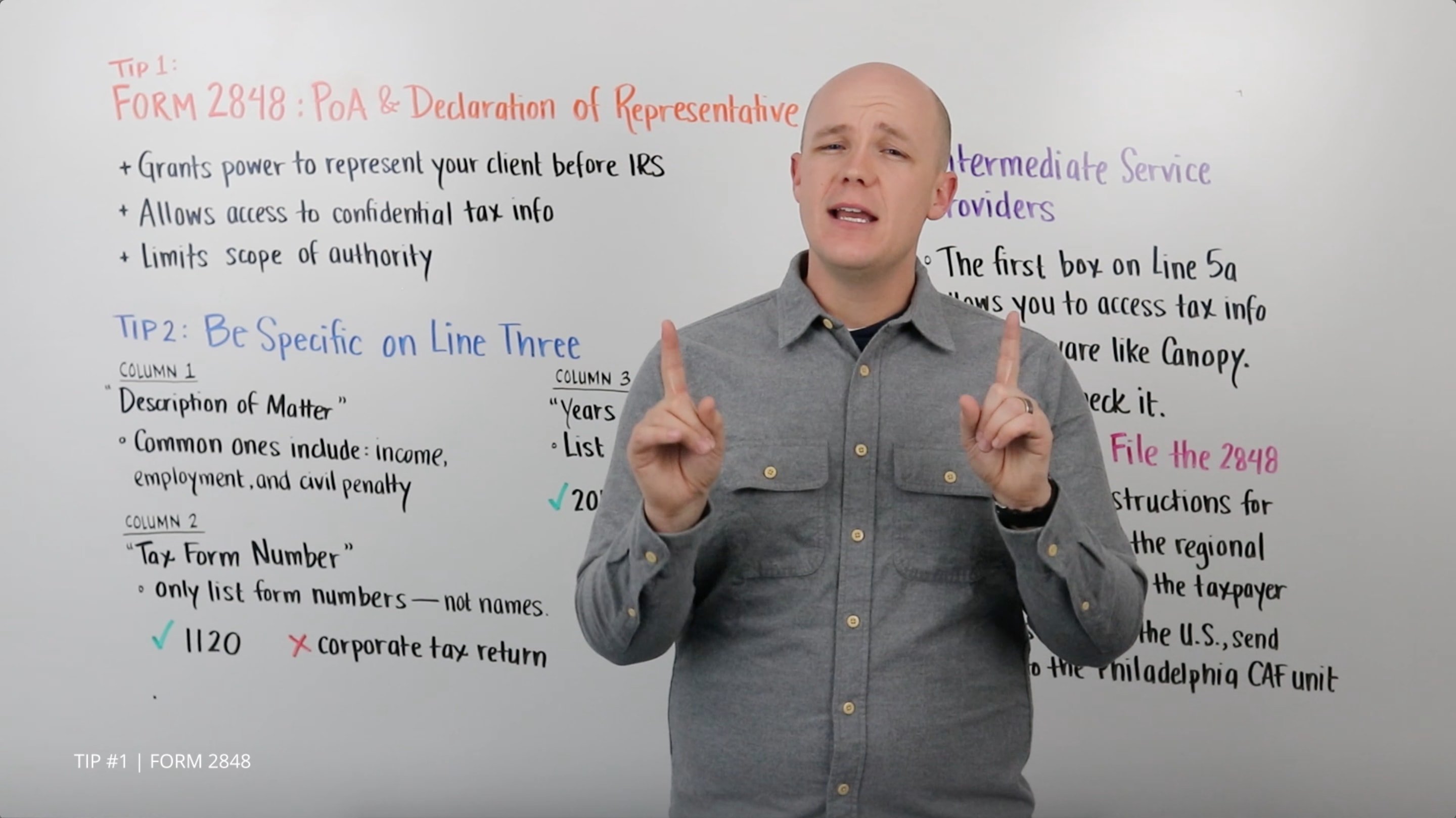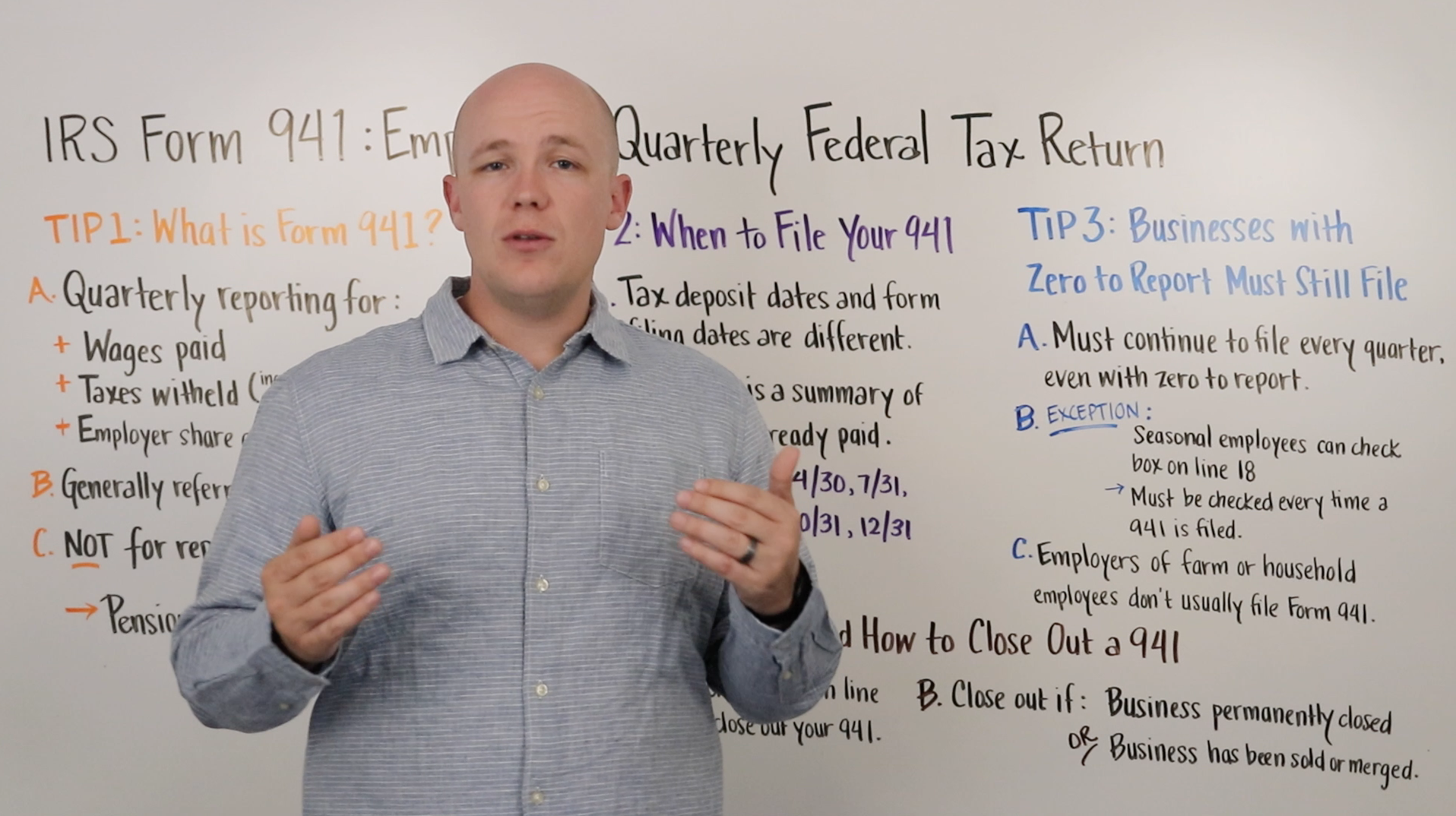Every tax professional knows that they need special permission to access private information on behalf of their client. Many tax professionals use IRS Form 2848, which is a power of attorney, a legal document that grants them the ability to represent the taxpayer to the IRS. While you’ll eventually need to file a power of attorney for clients you’re representing to the IRS, there’s a case to be made for proactively filing IRS Form 8821 with them first.
What Is IRS Form 8821?
Taxpayers need help from tax professionals for any number of situations regarding the IRS. Whether they are being audited, dealing with a tax penalty, or have a complex tax situation that spans several years, taxpayers want an expert like you to guide them through the process and address their issues directly with the IRS.
IRS Form 8821, Tax Information Authorization, allows you certain access to your client’s information. In that way, it is similar to a power of attorney but grants less authority. The biggest difference between Form 2848 and Form 8821 is that the latter does not allow you to represent your client to the IRS.
Here are some of the things that Form 8821 allows you to do:
- Receive client transcripts
- Obtain client account information
- See payments made to an account
- Confirm filing status for returns
- Revoke previous tax authorizations
- Inspect information for the type of tax and years the client designates
Understanding the differences between the two forms will allow you to use the right one at the right time to best help your clients.
Why File IRS Form 8821?
There are many instances where filing Form 8821 is best for your client’s case. Here are some common situations where it can really make things easier for you.
Receiving IRS Notices: If you file Form 8821 with a client, any IRS notices they receive will also be sent to you for the years listed. You’ll usually get the notices a day or more before your client, which will give you a head start on working with them to resolve their IRS issue. This can be helpful for clients who aren’t great about taking care of their notices. It’s also a good way to show your clients the value you can offer them outside of tax season.
List Your Firm: Another benefit to filing Form 8821 is that, unlike with power of attorney, you can list your practice as the appointee on the form, giving anyone in your practice the authorization to obtain client information. This comes in handy if there’s other casework you need to attend to and another staff member has the time to obtain your client’s information instead.
Client Comfort Level: Additionally, because Form 8821 doesn’t grant you the authority to act on behalf of your client (making it less intrusive than a power of attorney), your clients will typically be less hesitant to sign it. A Form 8821 will expire after the designated period is over; a power of attorney must specifically be revoked.
Automatic Expiration: Form 2848 requires a manual cancelation but Form 8821 automatically expires. This makes it particularly useful for basic tasks like requesting your client’s tax information that doesn’t require full representation.
For quick tips and tricks on filling out Form 8821, check out this video.
When to File IRS Form 8821
One way to use Form 8821 is to file it annually for every client at the same time you file their return. The 8821 won’t be filed with the return, but you can get them both taken care of in the same meeting with your client.
When it comes to filling out Form 8821, you’ll need to get the client’s name and basic information. You’ll also need your current appointee information for the form. Finally, you’ll need details on the exact tax information you need, such as all the forms for a tax year, a specific type of tax, or even one page from a prior filing. The IRS also recently rolled out a new authorization tool that allows you to retrieve client signatures and securely submit this form (and Form 2848) electronically further simplifying the filing process.
A second way to use Form 8821 is to file it with new clients. That way you can work it into their onboarding process and help them resolve issues from the get-go. You’ll start your relationship with them on the right foot.
When you decide to file IRS Form 8821 is up to you, but the takeaway is that you should be filing it. It puts you at the forefront of knowing what’s going on with your client and gives you ample opportunity to improve your customer service.
For information on IRS Form 2848, check out this video.

Chris is a content manager for Canopy, joining the team with a combined eight years of experience as a copywriter, editor-in-chief, and content marketer. He's a skilled wordsmith and strategic thinker who shapes brand identity through compelling content and fosters a collaborative and innovative environment. With a passion for storytelling and a dedication to excellence, he is a driving force behind any company's success in content marketing. Champion of the Oxford comma.
READ MORE BY Chris






Get Our Latest Updates and News by Subscribing.
Join our email list for offers, and industry leading articles and content.